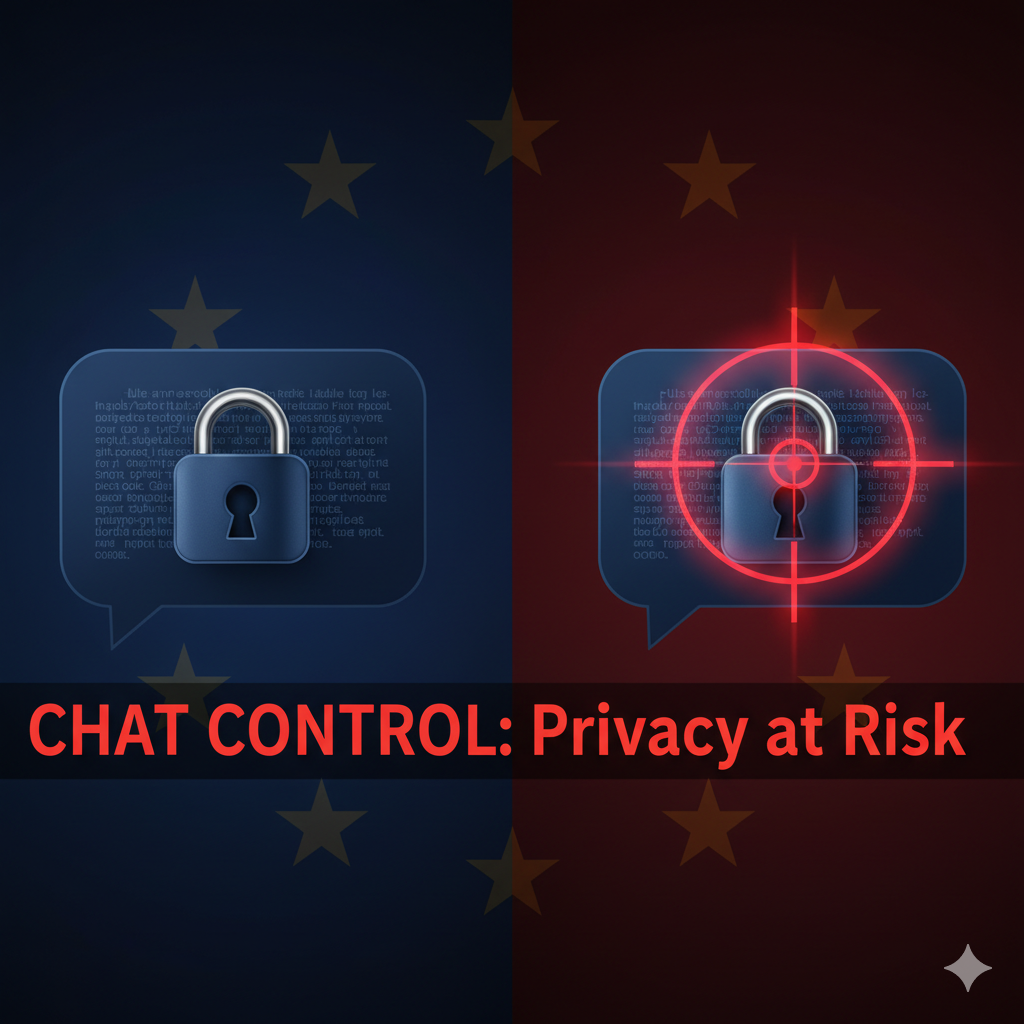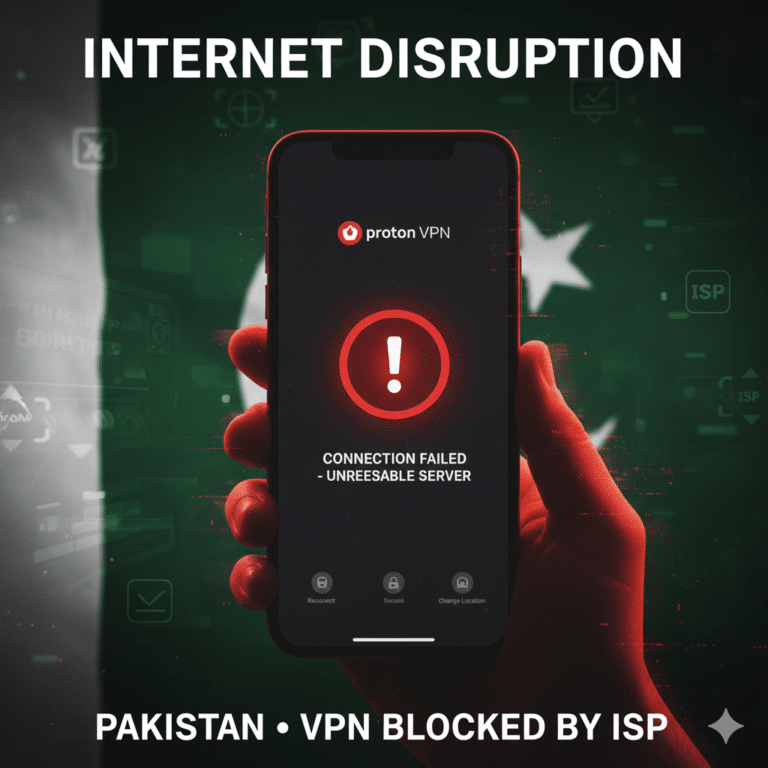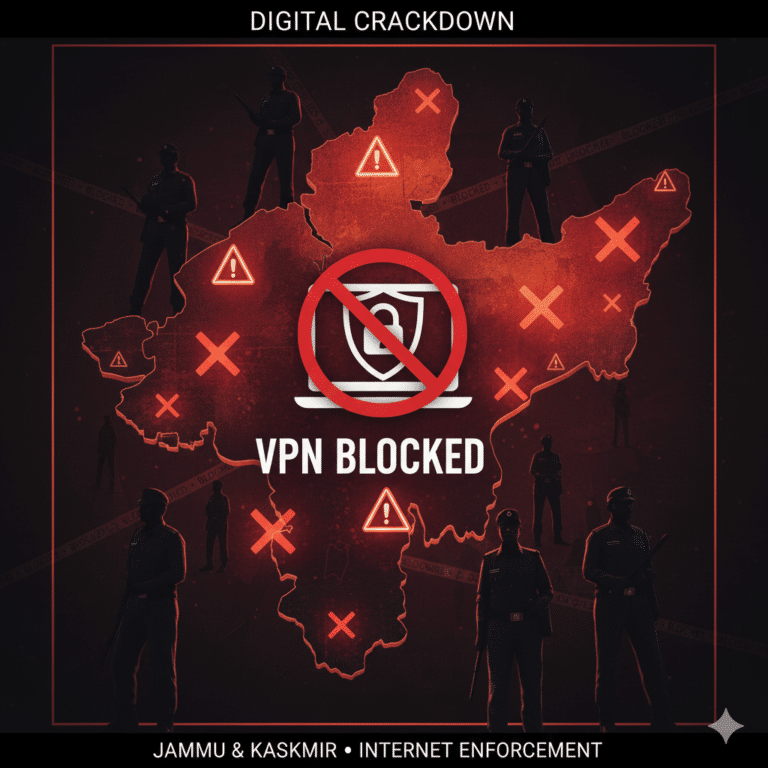A controversial EU proposal, widely dubbed “Chat Control,” would require detection of child sexual abuse material (CSAM) across online services — potentially including encrypted communications — by mandating client-side scanning or other forms of pre-encryption inspection. While lawmakers frame the regulation as protecting children, privacy advocates, major VPN providers and cryptographers warn it would effectively weaken end-to-end encryption and normalize mass surveillance. The VPN industry sees this as a direct threat to the privacy guarantees users expect from VPNs and other encrypted services.
What the draft proposes (plain language)
The draft regulation for combating child sexual abuse online would oblige providers to implement technical measures that detect illegal material in private messages. In practice, that can mean scanning content on users’ devices before it is encrypted (client-side scanning), or otherwise forcing providers to make encrypted content inspectable by design. Critics say these techniques create systemic vulnerabilities and pose risks far beyond the law’s stated child-protection goals.
Why VPNs and encryption advocates are alarmed
VPNs do not normally inspect message content — they protect traffic and location privacy by encrypting data between your device and VPN servers. The Chat Control debate stretches beyond messaging apps: by weakening norms around encryption or creating precedent for device-level scanning, the regulation could spill over into broader expectations for surveillance, including pressures on privacy services like VPNs. Industry groups such as the VPN Trust Initiative and major players (and secure-messaging services like Signal) have argued that any obligation to weaken client-side security would be catastrophic for user trust and cybersecurity.
Technical & legal objections from experts
Security researchers and more than 500 cryptographers have warned client-side scanning introduces exploitable backdoors and false positives, and cannot be made “safe” at scale. The European digital-rights community and technology NGOs argue it would violate privacy and data-protection rights under EU law — and could be repurposed beyond CSAM detection for censorship, state surveillance or fraud. Several governments, civil society groups, and provider trade bodies say targeted, warrant-based investigative measures are a safer alternative.
Real-world reactions: companies and governments
Some companies have issued stark warnings. Signal said it would consider leaving the EU rather than ship backdoored products; other providers, including VPN firms and encrypted-email services headquartered in privacy jurisdictions, have threatened to relocate or discontinue services that must comply with such rules. Politically, the draft has provoked divisions: a number of EU member states have signalled opposition or hesitation, and votes and delays have shown the measure is politically contentious.
The practical implications for VPN users
If Chat Control or similar laws set a precedent for weakening encryption or expanding device-level scanning, users might face:
Reduced effectiveness of privacy tools (VPNs and encrypted apps) if service architectures are forced to include inspectable layers.
Greater risk of data breaches: backdoors or client-side scanning mechanisms create higher-value targets for attackers.
Legal and business fallout: privacy-first providers may move servers or headquarters, complicating jurisdictional guarantees that customers rely on.
For users, the safer short-term takeaway is to monitor vendor statements, prefer providers with transparent legal positions and consider multi-layered privacy practices (e.g., minimal data sharing, end-to-end encrypted services that refuse backdoors).
Balancing child protection and privacy — is there a path forward?
Proponents argue the regulation is necessary to stop child abuse and streamline law-enforcement tools. Opponents counter that client-side scanning is the wrong tool — it trades broad privacy for uncertain gains and risks creating new harms. Many privacy experts propose more narrowly targeted measures (court-ordered access, improved investigation capabilities for providers, better victim support) that do not require systemic weakening of encryption. The debate remains unsettled: political decisions over the coming weeks will determine whether EU lawmakers pursue a path that preserves strong cryptography or set a new global precedent for inspectable private communications.
learn more about GeoComply sets new benchmark in VPN detection (99.1% rate)
Conclusion — an industry on alert
The Chat Control controversy has become a flashpoint for Europe’s approach to privacy, child protection and cybersecurity. For VPN providers, cryptographers, civil-liberties groups and millions of users, the draft signals a potential shift in how encrypted services are regulated — and whether the legal environment will favor security and privacy or mandate intrusive scanning. The final outcome will reverberate well beyond the EU: weakening encryption in one major market risks normalizing similar demands globally, with consequences for digital privacy everywhere. Stay informed, check your VPN and messaging providers’ statements, and consider support for measured, rights-preserving approaches to tackling CSAM.
Key sources used
Overview & fact checks of the Chat Control draft. (euronews)
VPN industry and trade-group reactions. (i2Coalition)
Tech company statements and coverage (Signal, tech press). (TechRadar)
Analysis and civil-society responses (EDRi, StopChatControl campaigns). (European Digital Rights (EDRi))



